Passover, Easter and the sacred origins of 4/20
This Friday begins a religious weekend, and smack dab right in the middle of it—4/20. While we may know of our respective religious holidays, Passover and Easter sandwich the one holiday with some history to highlight.
4/20 has solidified itself to be the most mainstream marijuana holiday. Falling within the Passover/Easter weekend, it is only the right time to analyze the history behind 4/20 and look at how it connects to these sacred holidays. Those who celebrate could either be blessing the herb on the Seder plate or searching for the Easter bunny’s hidden stash.
The tradition of 4/20 all started in 1971 with five California High School students, or so the tale goes. The group called themselves “The Waldos,” and the lore begins when they received a treasure map created by a cannabis grower, giving them a chance to search for the abandoned crop. The Waldos hatched a plan to meet every day at 4:20 p.m., which ended up becoming the weed holiday’s namesake. They might have been in the Easter spirit, hunting the abandoned stash like Easter eggs. But they never ended up finding the crops. Maybe the Easter bunny got to it before them and kept the stash for himself.
How in the world can a day dedicated to smoking weed connect to our religious holidays? Well, Passover, Easter and 4/20 all fall on the same weekend every year. Regardless if you consume cannabis or not, it is important to recognize that 4/20 is also a time to connect with friends, or your Waldos-like smoking crew.
Senior Blake Hanetho celebrates Easter and said he was surprised after learning the alleged origins of the pot holiday.
“That’s pretty crazy how they set out on a treasure hunt map, that’s a weird way for it to happen,” Hanetho said. “I remember back in high school people saying it was Bob Marley’s birthday, which it is not. Considering the actual origins of 4/20, it makes me think of ‘Bill and Ted’s Bogus Journey.’ [The Waldos] set out with a treasure map and just end up smoking a bunch of weed.”
Since Easter is a sacred holiday, it was hard for Hanetho to make a formal connection to celebrating both with the same gusto. However, the notion of togetherness in both holidays was apparent to him, and also with sophomore Josh Handelman.
“I used to live in Denver where every day it was 4/20, and now here I can tell everyone’s really excited about it,” Handelman said. “[The story of The Waldos] is a cool story because it is a time to go on adventures to be together and be with friends. Weed gets a lot of hate because you can isolate yourself and smoke and be high and be by yourself. With 4/20, it’s kind of the day to be with friends and go on your own adventures.”
Junior Colby Marchio, who celebrates Easter, on the other hand, doesn’t quite make the connection between the Christian holy day and 4/20.
“One is a made-up holiday and the other is [about] a bunny, or in other words, Jesus’s resurrection,” Marchio said. “For me, Easter is the same as all holidays. It’s just time where I see both sides of my family and catch up on what everyone is doing.”
It is fair to say that Easter and Passover don’t have that formal connection to 4/20. The notion of revival and freedom are all central themes in this weekend’s three holidays. Whether you smoke weed or not, it doesn’t mean you should pass up 4/20 as a day to celebrate. It’s a day where everyone is included to celebrate their freedom, sense of adventure and revival. Just as well as getting high is an adventure and a form of revival, you can make your adventures without the effects of marijuana. The Waldos didn’t just have to get high to create 4/20, they did it because they wanted to.
Before the Eight Days begin, Passover’s Friday night Seder asks four questions with the theme: Why is this night different from all other nights?
The same question can be asked for 4/20:
Why is 4/20 different from all other nights?
1. On all other nights, we eat either unleavened or leavened bread, but tonight we eat only weed brownies?
2. On all other nights, we eat all kinds of vegetables, but tonight, we smoke only bitter herbs?
3. On all other nights, we may not dab even once, but tonight we dab twice?
4. On all other nights, we are either sober or not, but tonight we are not sober?
I have spent many years being the one who reads the four questions at the Seder service. To my knowledge, there is no real answer to Passover’s Four Questions—that is for each of us to answer for ourselves. So, ask yourself this 4/20: Why you are celebrating and what makes this session different from all the rest?


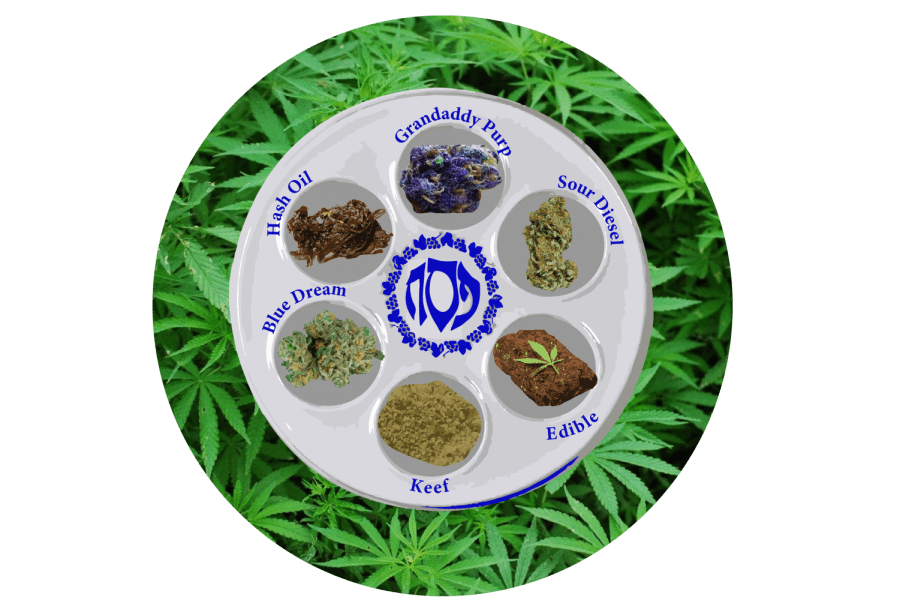
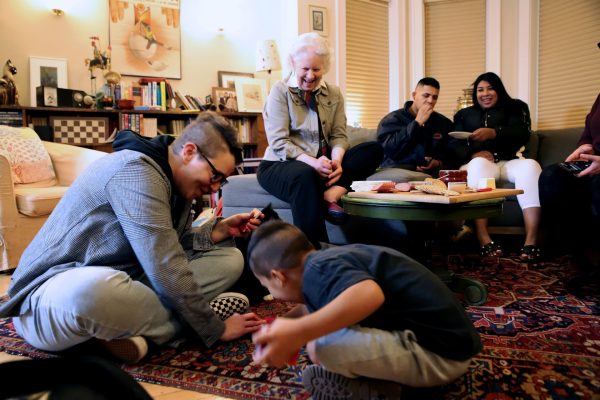
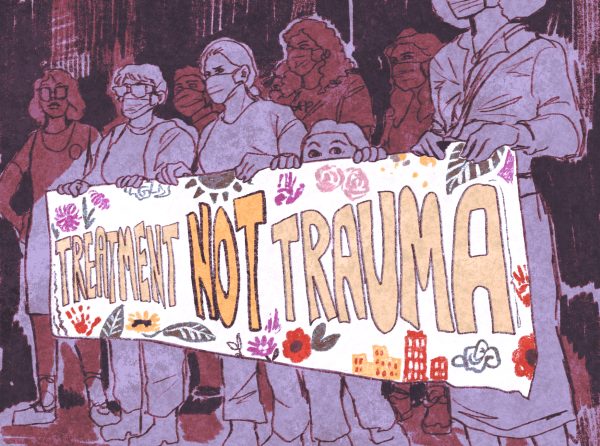
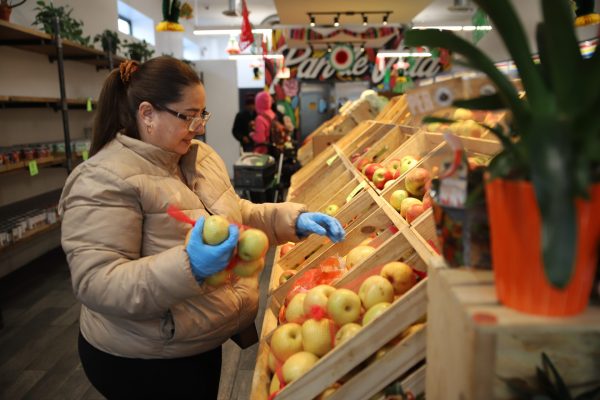
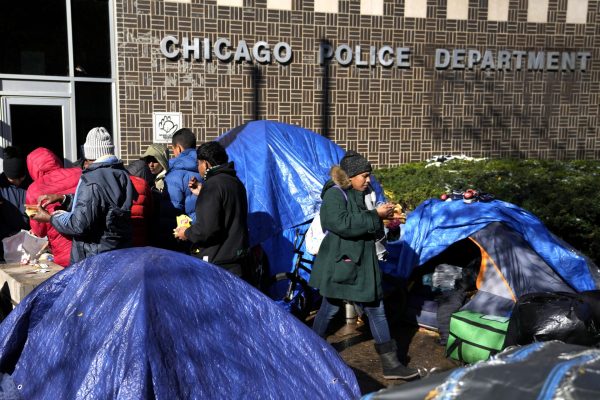
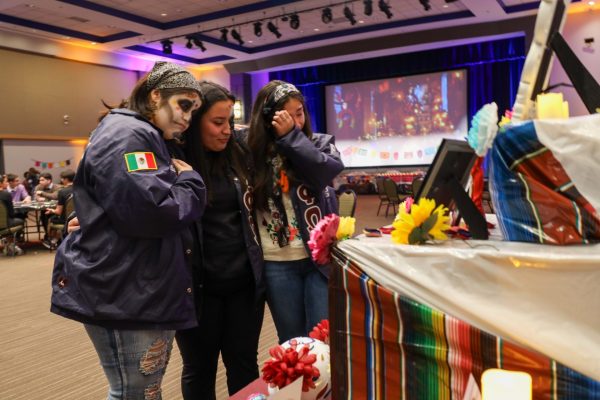
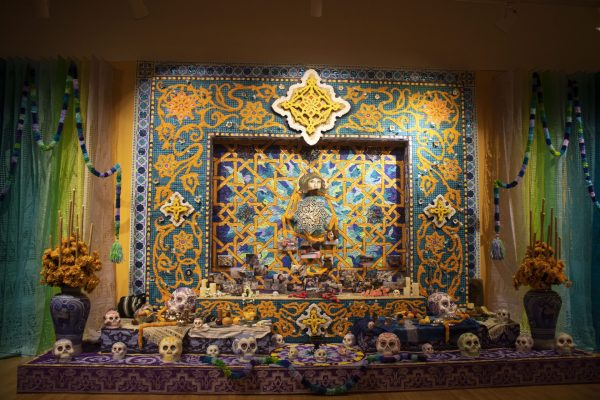
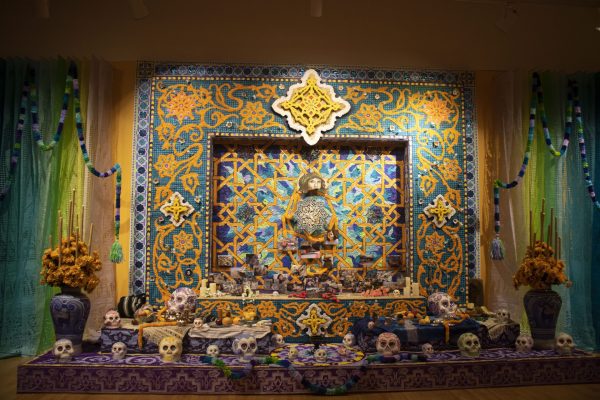

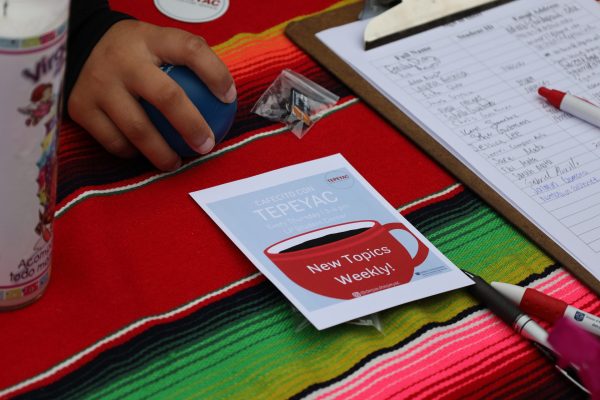
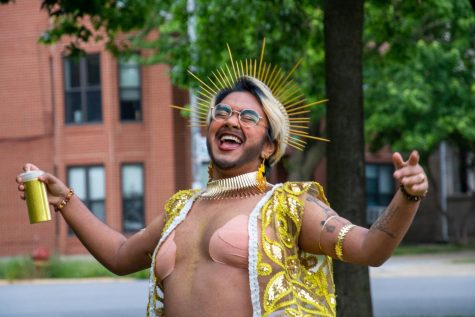
Sarah • Apr 19, 2019 at 3:30 pm
It’s just that Easter definitely does not fall on the same weekend every year. Last year it was on April 1st, and some years it’s in March. Also, Easter and Passover do not always overlap, and 4/20 is not always on a weekend.